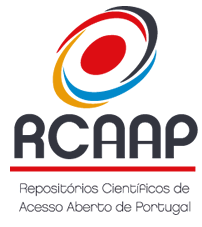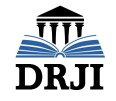The construction of environmental statements in the curriculum, in perspective of the will to make things right
DOI:
https://doi.org/10.5433/1679-0383.2005v26n1p71Keywords:
Curriculum, The will to make things right, Environmental education.Abstract
A discussion is presented regarding the construction of the environmental discourse based on the talks from the teachers of the 2nd and the 27th Regional Education Coordination of the State of Rio Grande do Sul, having as a main point of this discussion, the influences of the mega-conferences on sustainable development and environment, as well as the naturalization of the modern thought in the current conceptions on environment shown in the speeches of 30 high school educators. In the teachers’ talks it was possible to notice a common concern: to teach the “good direction” concerning the subjects life and environment, specially regarding preservation issues in the context of the urban environment. In the scope of this work, the desire for the good direction is called the “will to make things right”. As the observed speeches demonstrate very explicit relationships of power, the discussions will be based on the thoughts of the French philosopher Michel Foucault. It is our purpose to understand which statements constitute, in the teachers’ speeches, the will to make things right.
Downloads
Downloads
Published
How to Cite
Issue
Section
License
Semina: Ciências Sociais e Humanas adopts the CC-BY-NC license for its publications, the copyright being held by the author, in cases of republication we recommend that authors indicate first publication in this journal.
This license allows you to copy and redistribute the material in any medium or format, remix, transform and develop the material, as long as it is not for commercial purposes. And due credit must be given to the creator.
The opinions expressed by the authors of the articles are their sole responsibility.
The magazine reserves the right to make normative, orthographic and grammatical changes to the originals in order to maintain the cultured standard of the language and the credibility of the vehicle. However, it will respect the writing style of the authors. Changes, corrections or suggestions of a conceptual nature will be sent to the authors when necessary.

















